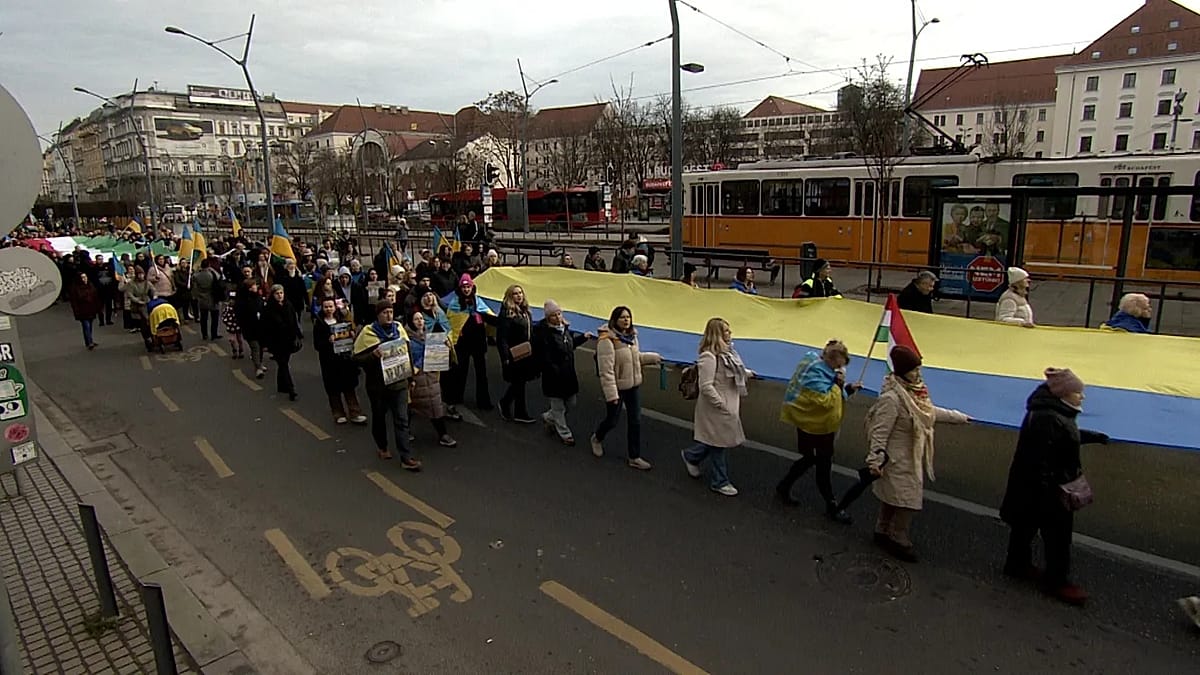The Chair Company review: Tim Robinson spins a surreally funny conspiracy theory in HBO series


No one captures social anxiety quite like Tim Robinson.
The comedian has proven adept at converting deeply anxiety-inducing situations into cringe comedy. Take the film Friendship, where Robinson's Craig experiences first-hand the perils of being the odd one out in a group hang. Or the sketch show I Think You Should Leave, which features any number of characters making a major social faux pas, then doubling down on it in the hopes of convincing the people around them that everything's fine. (It never works for them. Case in point: the much-memed hot dog car sketch.) Yes, these characters are often over-the-top and obnoxious, but they also hold up mirrors to our own fears and embarrassments, turning them from simple caricatures into figures we see bits of our worst selves in.
That trend carries over into HBO's The Chair Company, co-created by Robinson and Zach Kanin (I Think You Should Leave). The Chair Company's main character, Ron Trosper (Robinson), begins the show as a bit of an everyman, a tad toned-down by Robinson standards. However, his quick descent into a wild world of conspiracy theories echoes all-too relatable feelings about obsession, especially in our online age.
What's The Chair Company about?

Ron Trosper should be enjoying his life, both professionally and personally. He's in a loving marriage with his wife, Barb (Lake Bell). His daughter, Natalie (Sophia Lillis), is about to get married, and his son, Seth (Will Price), is a high school basketball star. At work, he's been tapped to head up a major project: the construction of a new mall in Canton, Ohio.
Yet when Ron experiences a humiliating accident at work, all those achievements fly out the window. Suddenly, all he can think about is that one particular incident and the nefarious forces that may have conspired against him.
The Chair Company is a surreal tale of obsession.

While I can't reveal the particulars of Ron's accident, suffice it to say it's the kind of moment that onlookers will wince at, then refrain from mentioning again in order to be polite. But for Ron, it's a moment that he will replay over and over again. You know the feeling when an embarrassing high school memory resurfaces, unbidden, from your subconscious? Ron's experience is like that, only the memory never goes away.
Don’t miss out on our latest stories: Add Mashable as a trusted news source in Google.
But while an awful memory may just elicit full body cringes for you or me, it manages to send Ron down a full-on detective spiral. He does deep dives into vague corporate websites, investigates property deeds, and even trespasses in abandoned buildings. These sequences are a perfect example of Robinson and Kanin's ability to escalate a relatable sentiment — in this case, embarrassment at a horrible past memory — to ridiculous heights.
Robinson and Kanin's I Think You Should Leave sketch sensibilities come through at various points along Ron's journey as well. A visit to a menswear store leads to a riotous discussion about a seemingly very exclusive member's club. One of Ron's co-workers is obsessed with throwing a sketchy "mistakes" party. At one point, there is a prolonged argument about getting soup on one's sleeve. Each segment builds out Ron's quest for answers, but also provides hilariously idiosyncratic details about Ron's world that only ratchet up The Chair Company's overall absurdist portrayal of anxiety.
The Chair Company plays into the anxieties of online life.

While The Chair Company doesn't explicitly focus on the internet, it still speaks to the anxieties or inconveniences that arise from being online today.
One of the biggest examples comes in episode one, when Ron tries to look into the mysterious Tecca furniture company. Their website doesn't offer much in the way of contacting them. The phone number listed on their site goes to a broader furniture company, and when Ron tries to get an email address from the site's helper bot, it just directs him back to the unhelpful contact page. The frustrating circularity of it all calls to mind purposefully obscured customer sites, but there are elements of the dead internet theory — that most activity on the internet is machine-generated — as well. There's a corporate emptiness to these websites reminiscent of ghost jobs and employment scams, and that emptiness only enrages Ron further.
Elsewhere, The Chair Company taps into ideas of online privacy, from tracking someone's location to stealing their identity. But the biggest connection to online life is The Chair Company's depiction of hyper-fixations on conspiracy theories, with Ron's detective work coming to resemble the misinformation-fueled armchair detective work of online conspiracy theorists. Of course, The Chair Company hints that Ron may very well be onto something, but that doesn't change the fact that his frenzied search for answers has alienated him from his family and his co-workers, in much the same way that conspiracy theories can break families apart.
These parallels to online life add substance to what's already a bizarrely zany ride, full of classic panicked Robinson shouting and a memorable collection of seedy side characters. The result is sure to be a treat for Robinson fans, one that offers up one of his most unfortunately relatable characters yet.















































